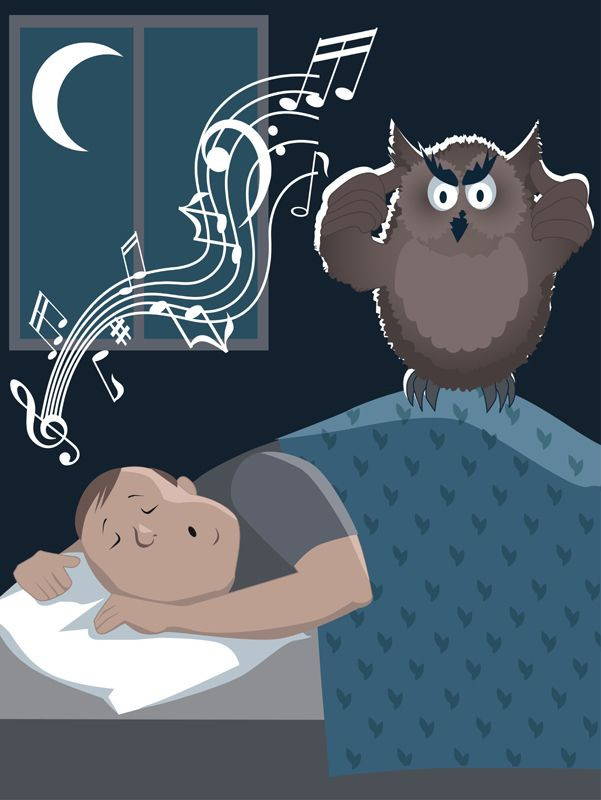Sleep Apnea And Excessive Daytime Sleeping Linked To Higher Depression Risk In Men

Your constant snoring might not only be bumming out your significant other, according to a study set to be presented at the American Thoratic Society 2015 International Conference. It may also be tied to your own depression.
Analyzing the depression levels of 1875 Australian men through questionnaires taken five years apart, the authors examined the relationship, if any, between obstructive sleep apnea (OSA) and/or excessive daytime sleepiness (EDS) to higher rates of depressive mood. Eight hundred and fifty-seven men who had no documented history of OSA were also randomly selected to take at-home sleep tests.
Though both OSA, defined as pauses in breathing caused by the blocking of the upper airways, and excessive daytime sleepiness were individually associated with a higher prevalence of depression, it was people suffering from both at once who were most at risk for depression.
"Excessive daytime sleepiness and severe OSA were both associated with the prevalence and recent onset of depression in our community-based sample of men, and the presence of both was associated with an even greater risk,” said study author Dr. Carol Lang in a press release. And it was the men whose sleep issues had gone unnoticed that were the most likely to eventually develop depression.
“Men with previously undiagnosed OSA and EDS had 4.2 times greater odds of depression than subjects without OSA and EDS and 3.5 times greater odds of depression than individuals with either OSA or EDS alone,” the authors wrote.
The study, though preliminary, is yet another in a growing line of research showing a link between sleep disturbance and depression, In a 2012 study, CDC researchers also found an association of symptoms common to sleep apnea, like snorting, gasping, and trouble breathing, to higher rates of probable major depression (thankfully for the snorers, there was no significant relationship found there).
However, much like the CDC study, while this latest research does support a strong link between the two conditions, it can’t tell us definitively which direction it goes in. Other researchers have theorized that the daytime fatigue and stress brought on by severe apnea could possibly trigger or aggravate depressive episodes, and there’s been some early work showing that treating apnea itself can reduce the severity of a person’s accompanying depression.
Still, this study might shine a light on practical avenues with which to tackle the often reported sleep problems of people already suffering from depression.
"Men presenting with depression should be screened for OSA, so that an appropriate course of treatment can be planned," Lang said.
Source: Lang C.J., Appleton S.L., Vakulin A, et al. Obstructive Sleep Apnea (OSA) and Excessive Daytime Sleepiness (EDS) are Associated with Depression in a Community Based Population of Australian Men. American Thoracic Society International Conference. 2015



























